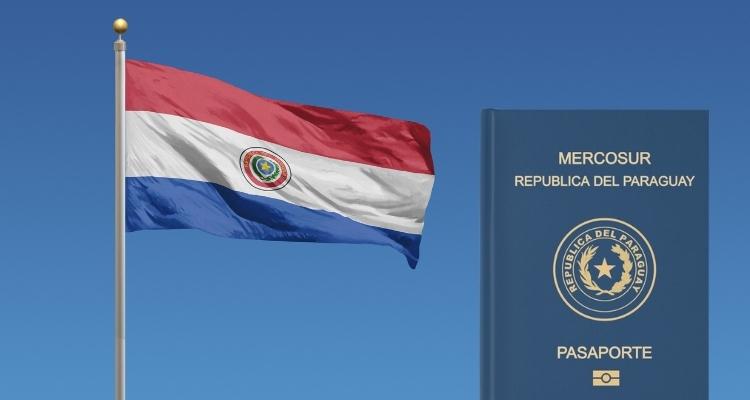One of the most common questions I receive is how to obtain a Paraguay Passport if you have limited resources. Plenty of people would like to have one, but the costs can appear daunting.
There are several routes to a second citizenship – and thus a passport. Each involves specific variables, over which you may have different degrees of control. Your own path to a second passport will depend on how your circumstances interact with those variables.
The good news is that if you really want one, a second passport is almost always entirely within reach. Let’s see how.
Let’s start with some terminology, since this can be confusing:
- Citizenship is full membership in a national community, and includes a passport.
- Residence is the right to live without restriction in a foreign country, but without that country’s citizenship and passport (like a U.S. green card).
- A visa is permission to be in a country for a specific time period.
Routes to Citizenship
There are three broad routes to a second passport:
- By sanguinity, i.e. by descent or other affinity to the national community (e.g. religion). The most common is for people born in the U.S. to parents from a foreign country, who often acquire that citizenship automatically. Some countries give citizenship to foreigners descended from at least one grandparent (sometimes further back) from that country. Countries that offer this route include Italy, Greece, Turkey, Bulgaria, Lebanon, Armenia, Romania, Afghanistan, the Philippines, Croatia, Estonia, Hungary, Ireland, Israel, Lithuania, Malta, Poland, Rwanda, Serbia, Slovakia, South Korea and Ukraine.
- By naturalization, which usually involves a specific period of prior residence in the country and/or marriage to a citizen. Almost all countries have a route to obtain permanent residence, often linked to marriage, a job, starting a business or other commitment to the country. But this means actually living in the country for a long period – usually five years – before acquiring citizenship. Note that marriage to a citizen does not always confer automatic residence.
- By economic citizenship, which involves an investment in the country or payment of a fee. Some countries, particularly island nations, offer this in exchange for investment in real estate, a business, or in a government development fund. They include St. Kitts and Nevis, Antigua and Barbuda, Dominica, Grenada, Cyprus, Malta and (rarely granted) Austria. The least expensive of these is Dominica, which costs $100,000 plus processing fees. None of these citizenships are automatic; all involve a due diligence process and subjective evaluation by an immigration board.


